In the legacy of Luther
October 5th, 2021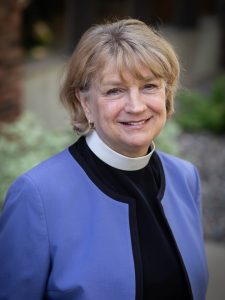 By Bishop Ann Svennungsen
By Bishop Ann Svennungsen
My trips to Nigeria are filled with surprises. I was surprised in 2017 when I stood up to greet the Lutheran Church of Christ in Nigeria’s annual assembly and saw a gathering of more than 70,000 people. I was also surprised to meet members of the church who had graduated from Lutheran colleges in the United States – like Waldorf and Concordia. I was surprised how hot it would be in a (borrowed) mitre and cope at the installation of Archbishop Musa Filibus.
“Please think seriously about becoming a civic leader. The need in our country is urgent.”
I was surprised too by the words of a keynote speaker addressing the crowd of more than 70,000. She spoke about lives of discipleship, about following Jesus, and about discovering your vocation. And, just as I thought she would probably invite people to become pastors, she said, “And, please think seriously about becoming a civic leader. The need in our country is urgent. Listen to see if God is calling you to service in the public square.”
It felt just like she was channeling Martin Luther who said, “if your town needs a mayor, become a mayor.”
TODAY, MY GREATEST surprise (and joy!) is that the Lutheran Church of Christ in Nigeria (LCCN) has discerned a corporate vocation to establish a Lutheran University to prepare young people to do just that – to educate a generation of civic, professional, and society-strengthening leaders.
Already a leader in primary, secondary, and theological education, LCCN has done extraordinary groundwork – even during the COVID-19 pandemic – to make this vision a reality. They have acquired nearly 500 acres of prime real estate adjacent to the LCCN hospital in Demsa; submitted comprehensive plans (Master, Business, Academic, and Legal) to the Nigeria National Universities Commission; and raised more than $73,000 to achieve these milestones.
“The Minneapolis Area Synod Council has authorized a synod-wide campaign to commence immediately. The goal is to raise the needed $500,000 by the end of 2021!”
Only one major hurdle remains: To ensure commitment, preparedness, and fiscal stability, the National Universities Commission requires that $500,000 be reserved in a university account before they will authorize the launch of the Lutheran University in Nigeria.
This is where we come in. Our Synod Council has authorized a synod-wide campaign to commence immediately. The goal is to raise the needed $500,000 by the end of 2021! We will have lots of information and guidance so congregations and individuals can donate. And, you can read all about the need, the vision, and the work already done at the synod website and in our case statement.
Yes, the Lutheran Church or Christ in Nigeria, is launching a wonderful, Spirit-led, even surprising vision to serve the common good. And maybe you, like I, will feel a bit surprised at how much you want to stretch so you can support this work. I hope so!

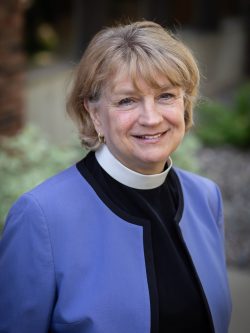
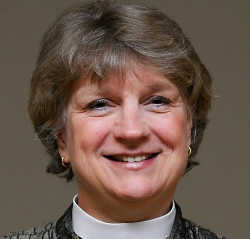
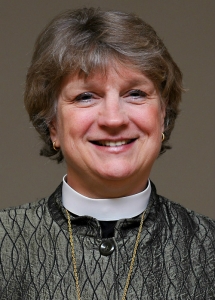 By Bishop Ann Svennungsen
By Bishop Ann Svennungsen 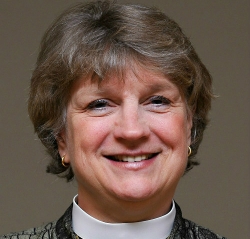
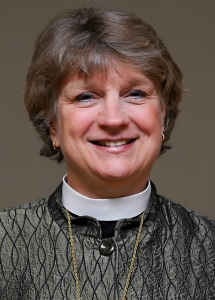 By Bishop Ann Svennungsen
By Bishop Ann Svennungsen